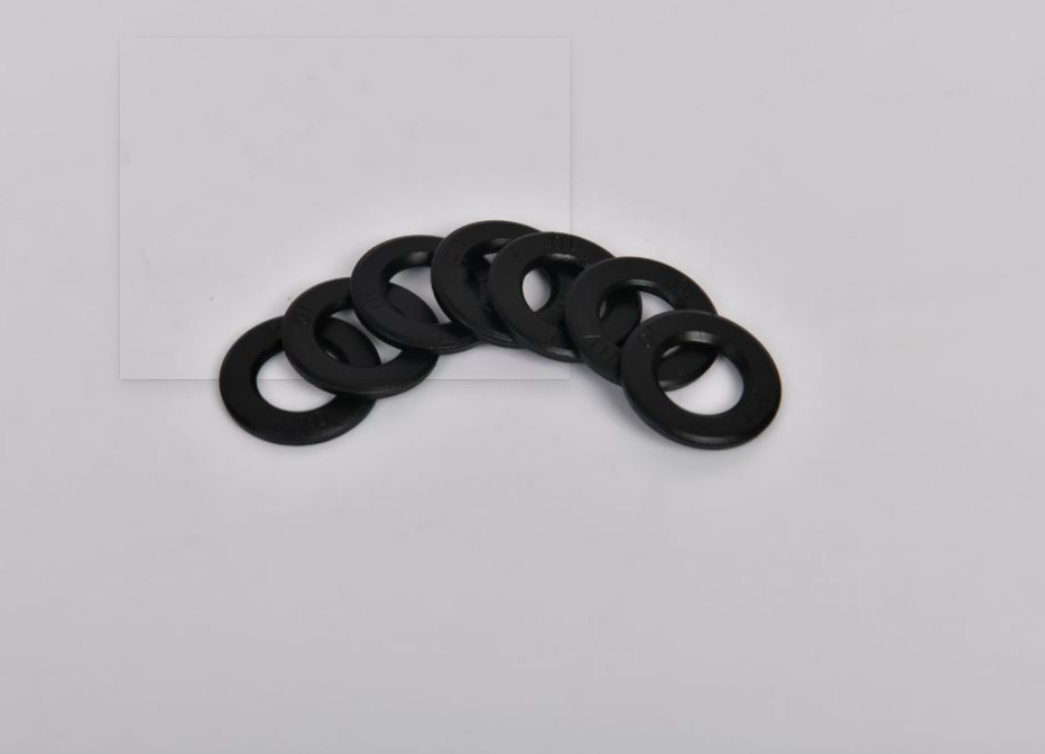Coarse vs Fine Thread Drywall Screws for Optimal Installation Results and Performance
Understanding Coarse vs. Fine Thread Drywall Screws
When it comes to drywall installation, the choice of fasteners is crucial for ensuring durability and stability of the walls. Among the various types of drywall screws available, coarse thread and fine thread screws often spark debate among professionals and DIY enthusiasts alike. Understanding the differences between these two types can influence the overall outcome of any drywall project.
Coarse Thread Drywall Screws
Coarse thread drywall screws are typically used for securing drywall to wood studs. The larger, spaced threads provide a stronger grip in softer materials like wood, allowing for easier penetration and a higher holding power. Because of their design, coarse thread screws are less likely to strip when driven into softwood, which is a common material in residential framing. They generally feature a sharp point that helps in penetrating the drywall and the wood beneath it efficiently.
One significant advantage of using coarse thread screws is their speed during installation. The rapid advancement through the material means that projects can be completed in less time. Moreover, they are designed to resist the effects of vibration, which is essential in preventing loosening over time in areas subject to movement.
Fine Thread Drywall Screws
On the other hand, fine thread drywall screws are better suited for attaching drywall to metal studs. Their thinner threads are designed for better holding power in denser materials, making them ideal for metal constructions commonly found in commercial buildings. The finer design allows for a tighter fit in the metal channels, which helps in preventing stripping during installation.
drywall screw coarse vs fine thread company

In addition to their strength and suitability for metal, fine thread screws tend to have a lower profile, which can create a smoother finish. This aspect is particularly valuable in applications where the aesthetics of the surface are a concern. However, it is essential to note that fine thread screws may not perform as well in wood due to their tendency to strip in softer materials, making them less versatile than their coarse-threaded counterparts.
Choosing the Right Screw
When choosing between coarse and fine thread drywall screws, consider the materials at hand. If your project involves wood studs, coarse thread screws are generally the preferred choice. Conversely, for installations involving metal studs, opt for fine thread screws to ensure optimal performance and longevity.
Additionally, other factors such as screw length, coating, and overall design should also be taken into account. Screws are available in a range of lengths, making it important to select the correct size to avoid penetrating too deeply or not enough. Certain coatings, such as galvanized or phosphated options, can offer added protection against rust and corrosion, especially for environments with higher humidity levels.
Conclusion
In conclusion, the choice between coarse and fine thread drywall screws depends primarily on the materials involved and the specific needs of the project. Both types have their unique strengths and applications, and understanding these distinctions can lead to better outcomes in drywall installations. Whether you are a professional contractor or a weekend DIYer, selecting the right screw can greatly enhance the quality and durability of your work. By making informed decisions, you pave the way for successful drywall applications that stand the test of time.
-
Top Choices for Plasterboard FixingNewsDec.26,2024
-
The Versatility of Specialty WashersNewsDec.26,2024
-
Secure Your ProjectsNewsDec.26,2024
-
Essential Screws for Chipboard Flooring ProjectsNewsDec.26,2024
-
Choosing the Right Drywall ScrewsNewsDec.26,2024
-
Black Phosphate Screws for Superior PerformanceNewsDec.26,2024
-
The Versatile Choice of Nylon Flat Washers for Your NeedsNewsDec.18,2024










